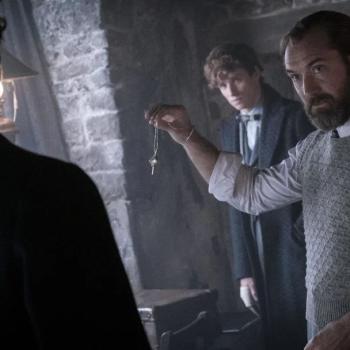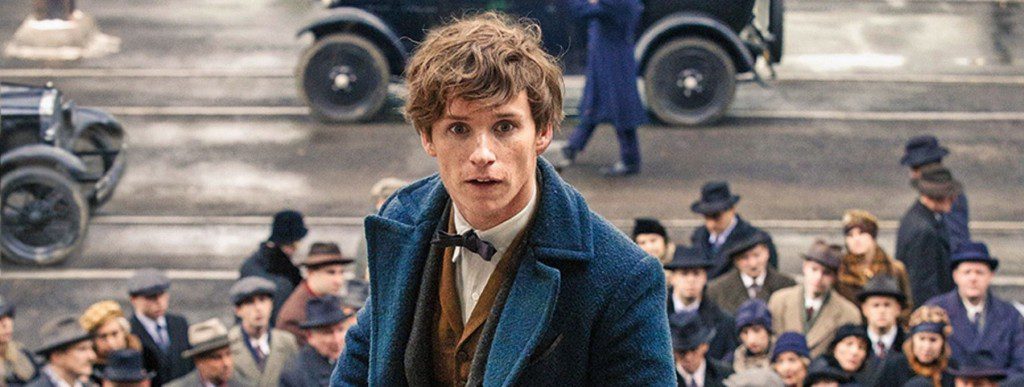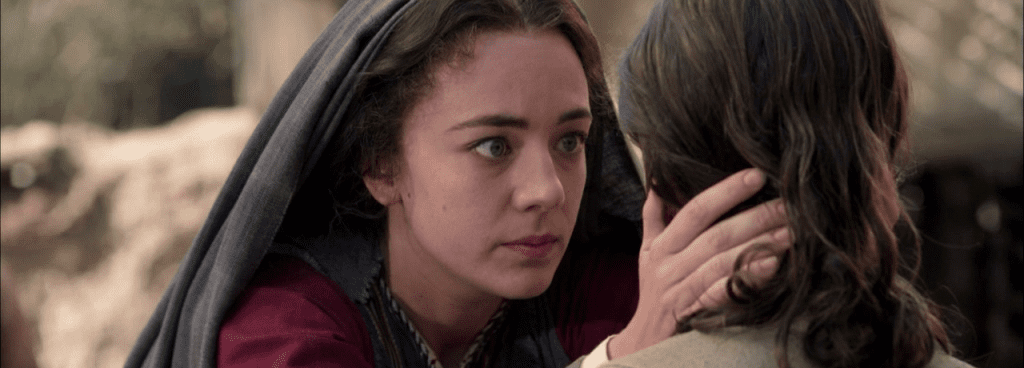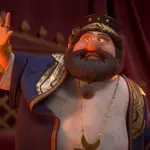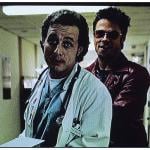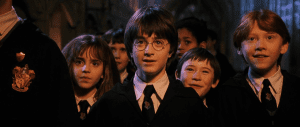 IF THERE is one thing the movie adaptation of Harry Potter and the Philosopher’s Stone may prove, it’s that being faithful to the original text can be both a strength and a weakness.
IF THERE is one thing the movie adaptation of Harry Potter and the Philosopher’s Stone may prove, it’s that being faithful to the original text can be both a strength and a weakness.
For over a year, director Chris Columbus has assured fans of the young orphan wizard that he intends to stay as true to J.K. Rowling’s phenomenally popular novels as possible, and to be sure, his film gets many details right. But Steve Kloves’ script tries so hard to cram so many of the book’s subplots into the film that you are constantly made aware of the fact that much of the original story is missing; the film omits many of the little character details that made the book so whimsically appealing, and that made the conclusion to its mystery so compelling.
Apart from the sometimes less-than-satisfactory special effects, which are so extravagant only a Hollywood studio could have afforded them, this is a thoroughly British production, full of sets and costumes that capture the sometimes medieval, sometimes Dickensian charm of Rowling’s books. The adult cast is a “Who’s Who” of English character actors, many of whom are exactly right for the roles they were called to play. But the movie is ultimately about Harry and his classmates at the Hogwarts School of Witchcraft and Wizardry, and it is to the credit of the film’s young and mostly inexperienced cast that they give performances every bit as convincing as their grown-up colleagues.
Some parents have expressed concern that the Potter stories will introduce their children to real-life witchcraft, but I think most children (at least those of Potter’s age, ten and up) are smart enough to realize that the stories are fantasy, and that the sort of magic depicted there (magic potions, flying broomsticks, invisibility cloaks) is purely imaginary. If anything, the movie tones down some of the book’s potentially occultic elements, and with them, Rowling’s implicit criticisms of the occult; for example, the film omits a scene in which three centaurs debate whether their interest in astrology has made them complacent and fatalistic, and unwilling to take part in the fight against the evil Lord Voldemort.
The more serious criticism of the Harry Potter stories is that they may embody a selfish and relativistic morality. Most of the characters, young and old, break the rules when it suits their purposes, and the heroes often don’t have to face any consequences for their transgressions. There is nothing wrong with moral ambiguity, to a point — some of the things that biblical heroes like Jacob and David got away with were rather iffy, too — but this is one area where parents may want to help their children learn to discern the messages they are picking up from their culture.
And the film does teach some valuable lessons: it takes courage to stand up to your enemies, but even more to stand up to your friends; evil is not always as obvious as we might want it to be; heroes are those who sacrifice themselves for the greater good; and, perhaps most important of all, it is better to be loved than to know all the tricks of wizardry.
— A version of this review was first published in BC Christian News.



